
Zitrac 250 Tablet
Manufacturer
Pinarc Life Sciences
Salt Composition
Azithromycin (250mg)
Key Information
Short Description
Zitrac 250 Tablet is an antibiotic used to treat various types of bacterial infections.
Dosage Form
Tablet
Introduction
Zitrac 250 Tablet is an antibiotic used to treat various types of bacterial infections of the respiratory tract, ear, nose, throat, lungs, skin, and eye in adults and children. It is also effective in typhoid fever and some sexually transmitted diseases like gonorrhea.
Directions for Use
Take this medicine in the dose and duration as advised by your doctor. Swallow it as a whole. Do not chew, crush or break it. Zitrac 250 Tablet may be taken with or without food but it is better to take it at a fixed time.
Safety Information
Side Effects
Diarrhea may occur as a side effect but should stop when your course is complete Inform your doctor if it doesn't stop or if you find blood in your stools Stop taking Zitrac 250 Tablet and inform your doctor immediately if you develop an itchy rash swelling of the face throat or tongue or breathing difficulties while taking it
Alcohol Warning
It is unsafe to consume alcohol with Zitrac 250 Tablet.
Breastfeeding Warning
Zitrac 250 Tablet is safe to use during breastfeeding. Human studies suggest that the drug does not pass into the breastmilk in a significant amount and is not harmful to the baby.
Pregnancy Warning
Zitrac 250 Tablet is generally considered safe to use during pregnancy. Animal studies have shown low or no adverse effects to the developing baby; however, there are limited human studies.
Interacting Medicines
Astemizole Disopyramide Ebastine Lovastatin
How it works
Zitrac 250 Tablet is an antibiotic. It works by preventing synthesis of essential proteins required by bacteria to carry out vital functions. Thus it stops the bacteria from growing and prevents the infection from spreading.
Quick Tips
Do not skip any doses and finish the full course of treatment even if you feel better Take it 1 hour before or two hours after food Do not take antacids 2 hours before or after taking Zitrac 250 Tablet Diarrhea may occur as a side effect but should stop when your course is complete Stop taking Zitrac 250 Tablet and inform your doctor immediately if you develop an itchy rash swelling of the face throat or tongue or breathing difficulties while taking it
Related Medicines
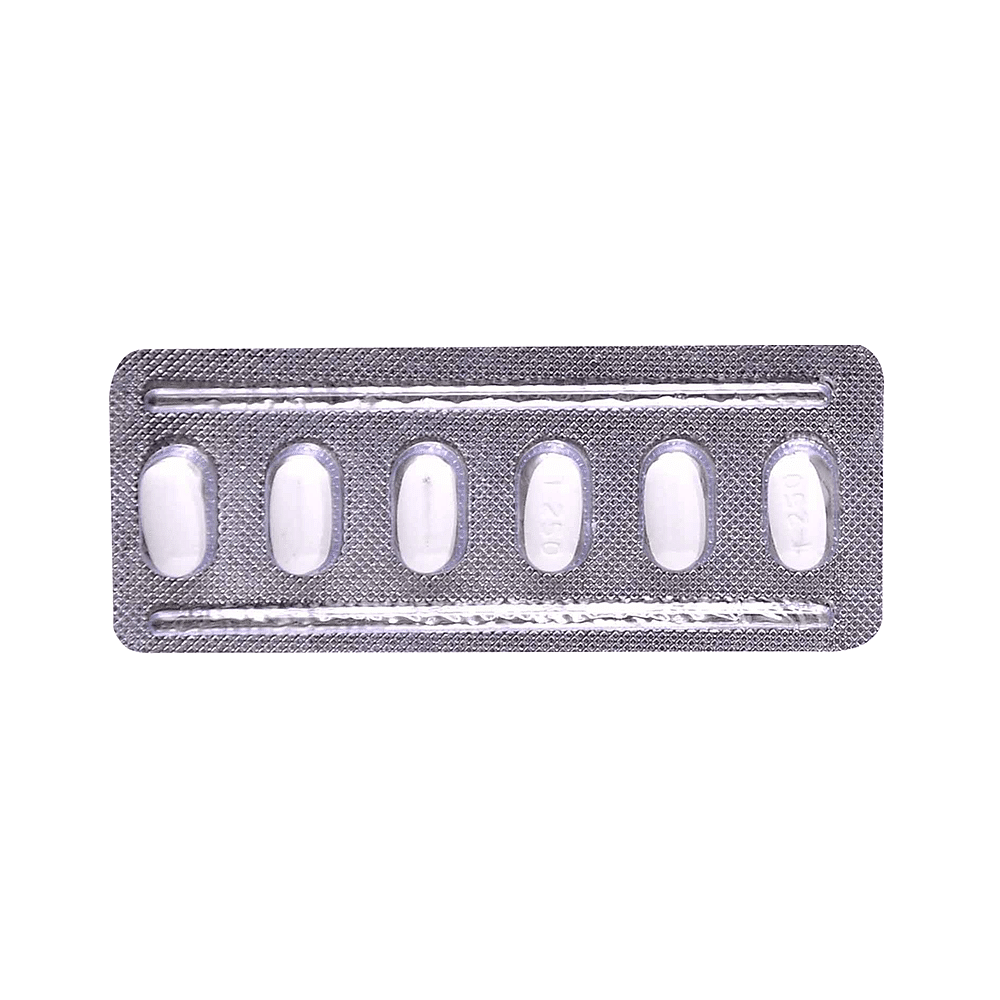
Trulimax 250mg Tablet
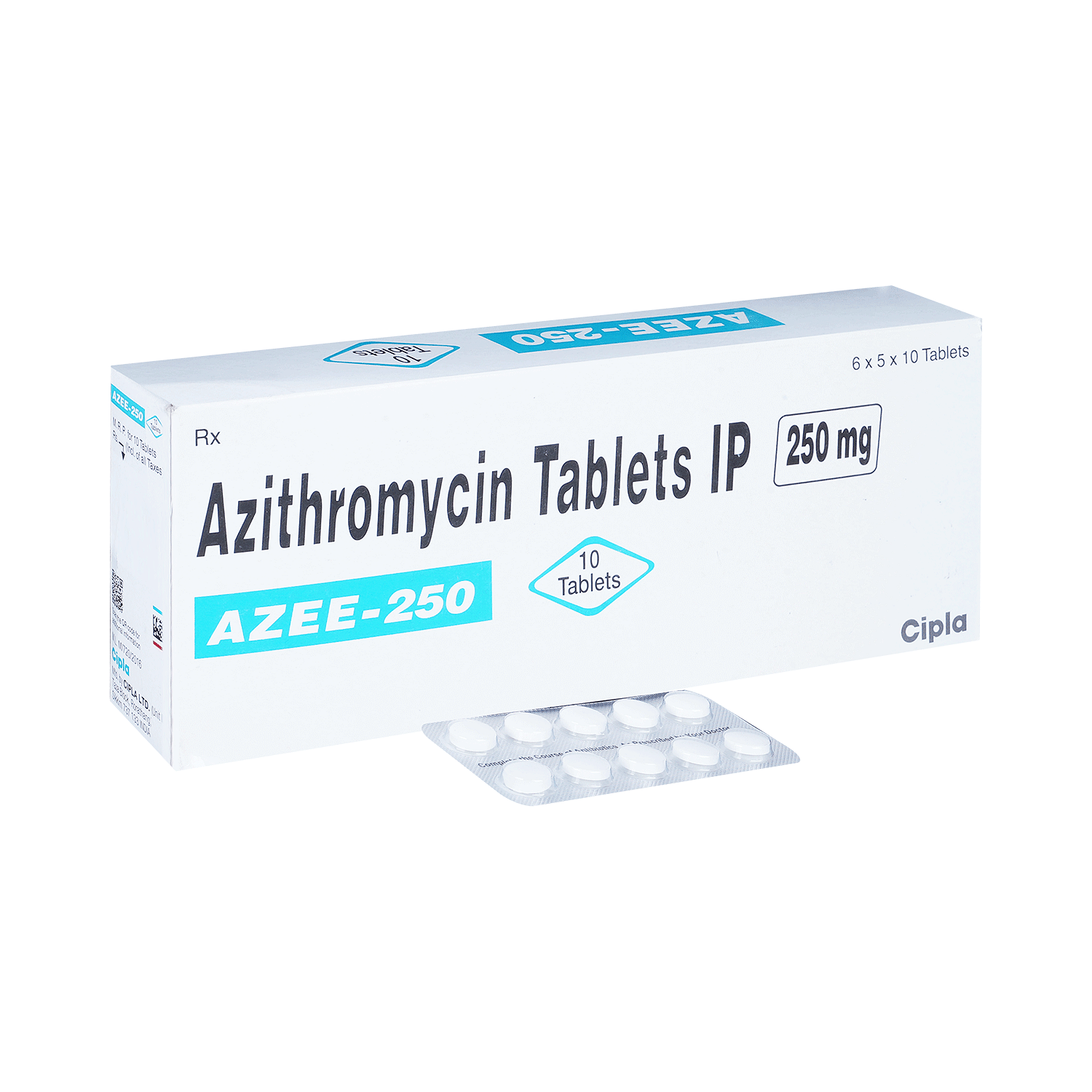
Azee-250 Tablet
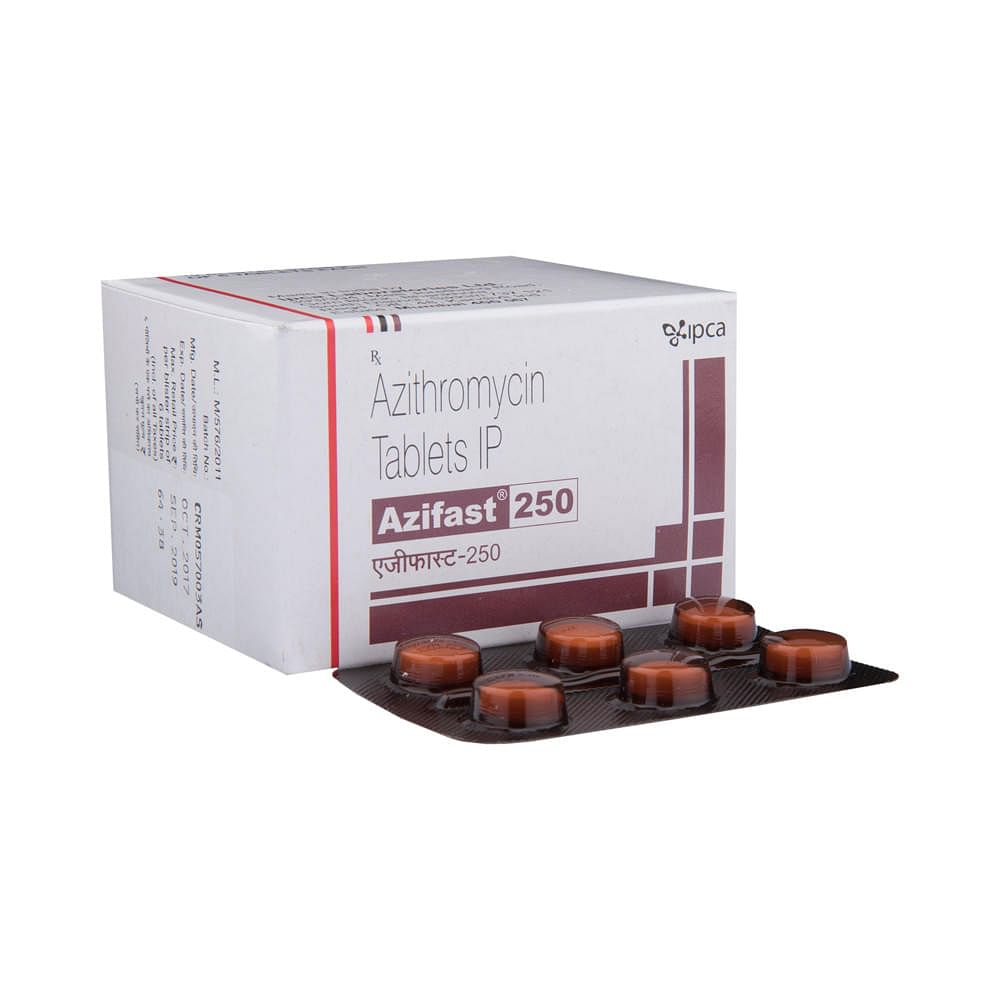
Azifast 250 Tablet
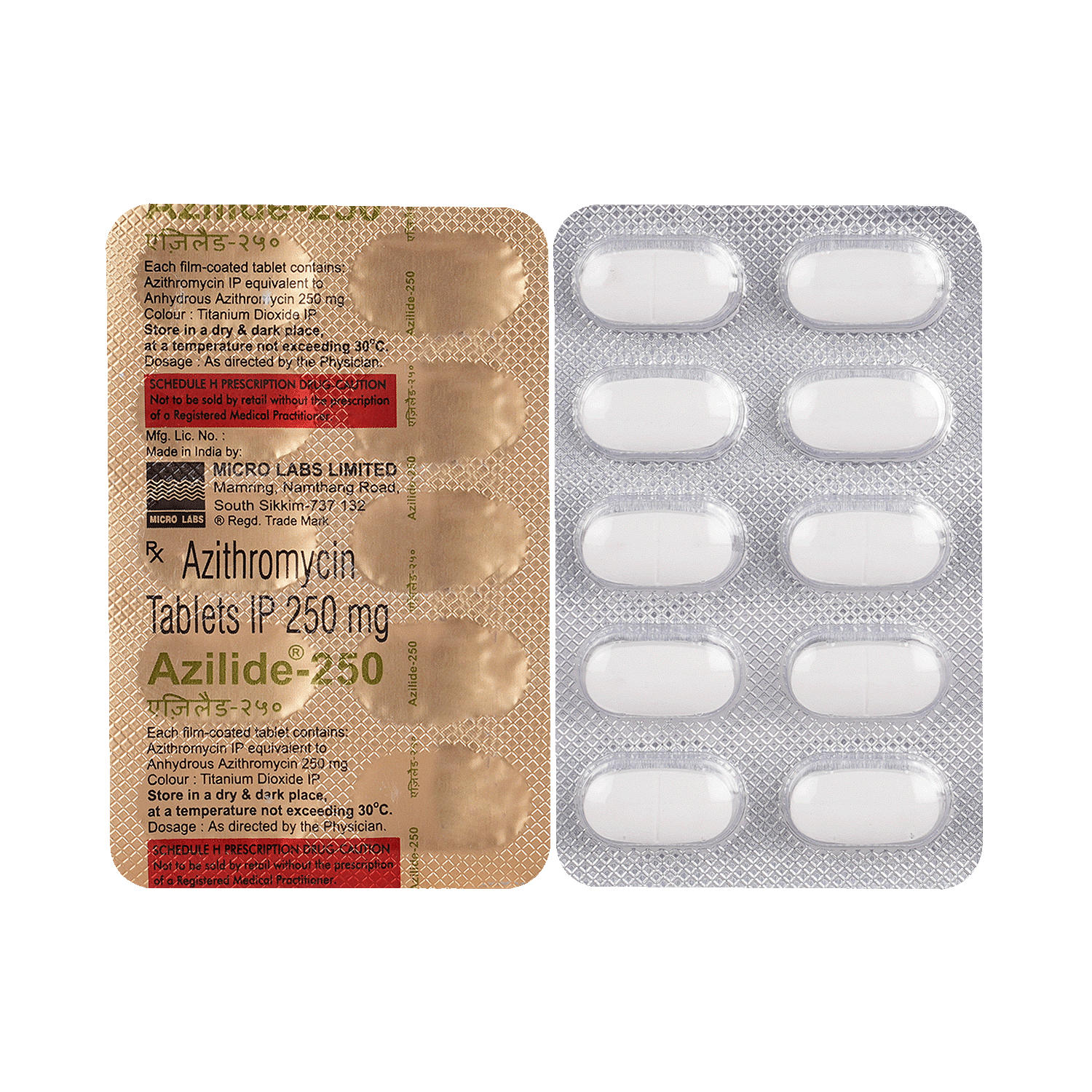
Azilide-250 Tablet

Azobat-250 Tablet
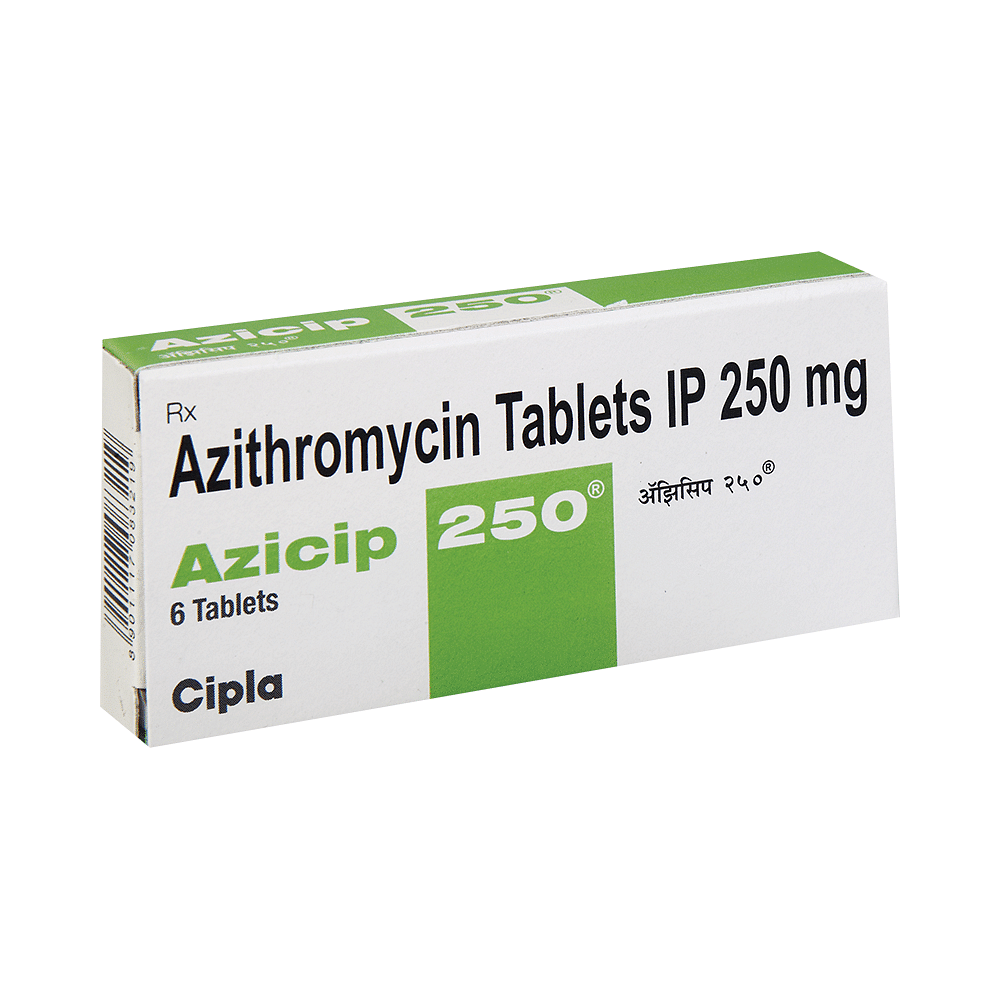
Azicip 250 Tablet
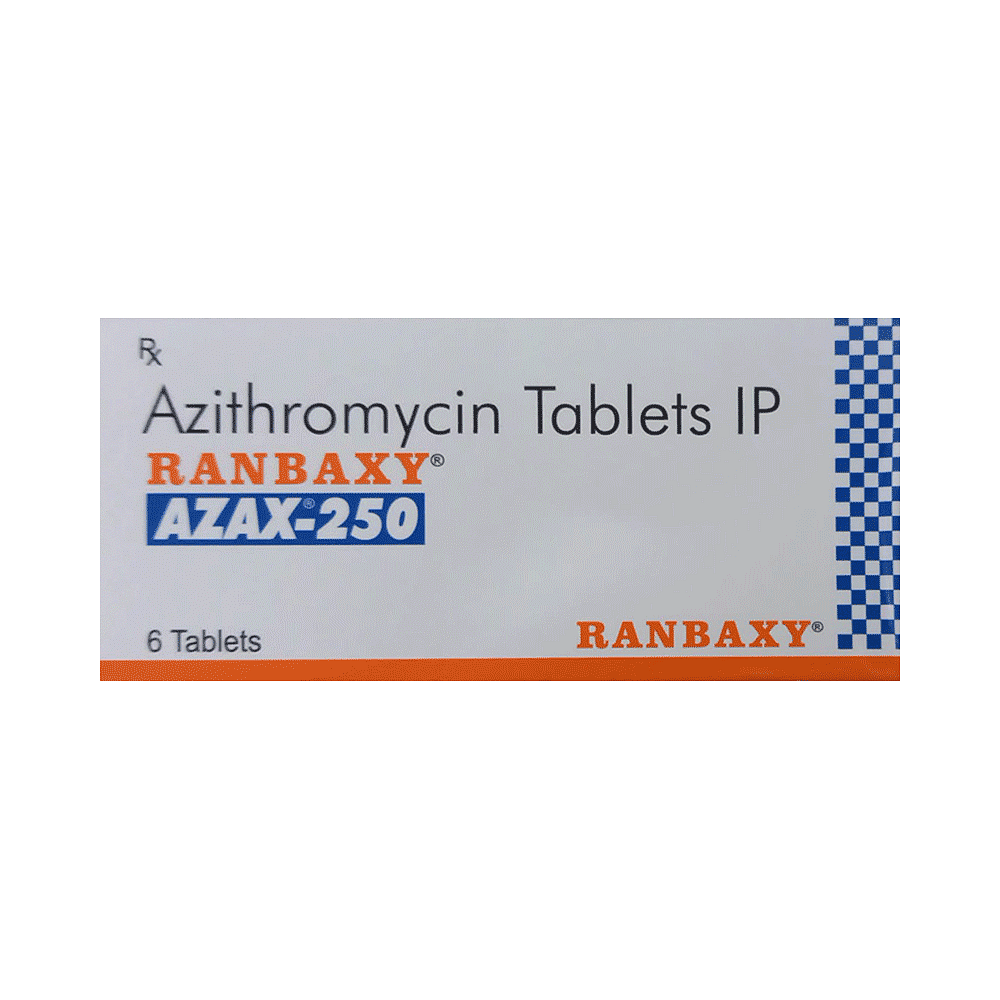
Azax 250 Tablet

Azithral Tablet
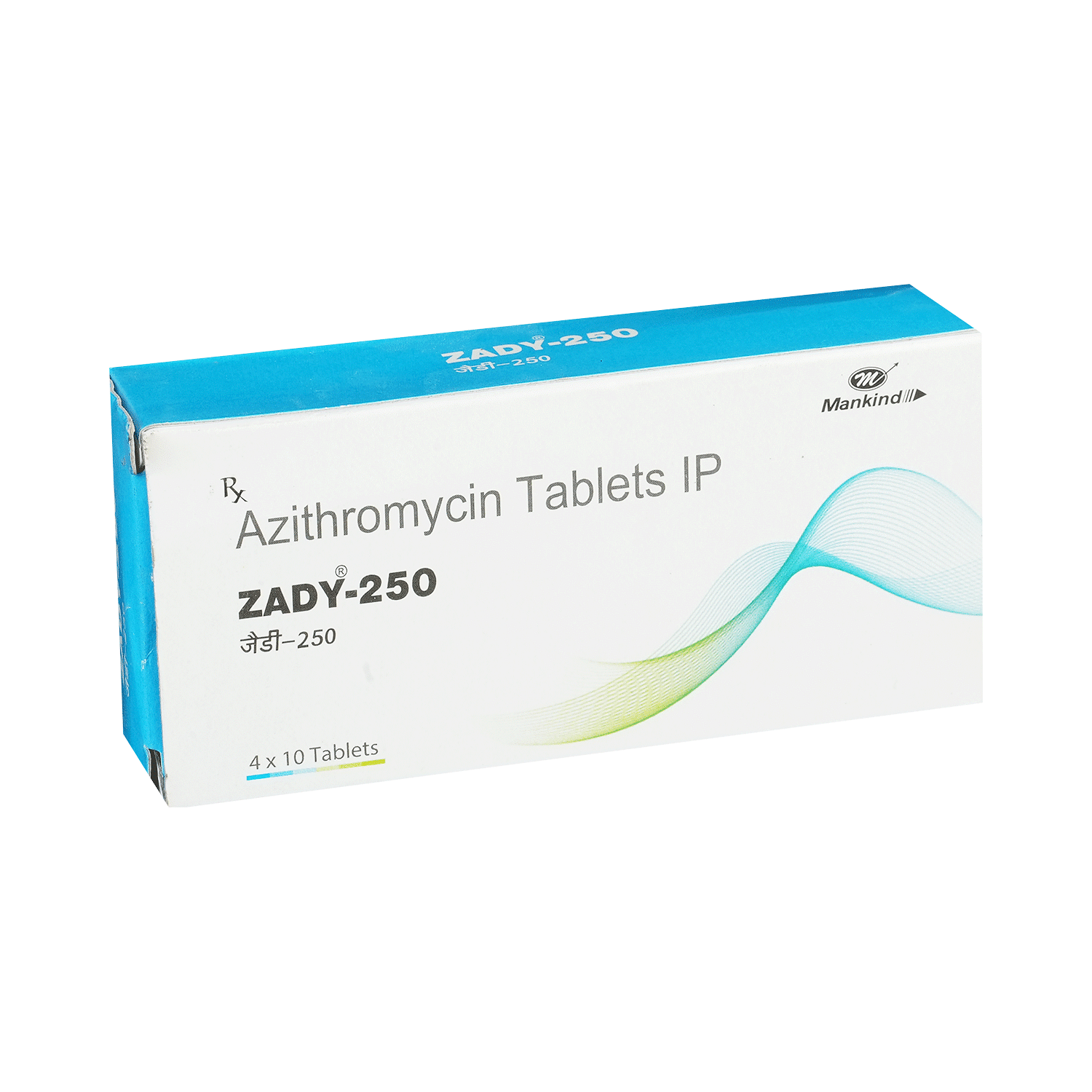
Zady-250 Tablet
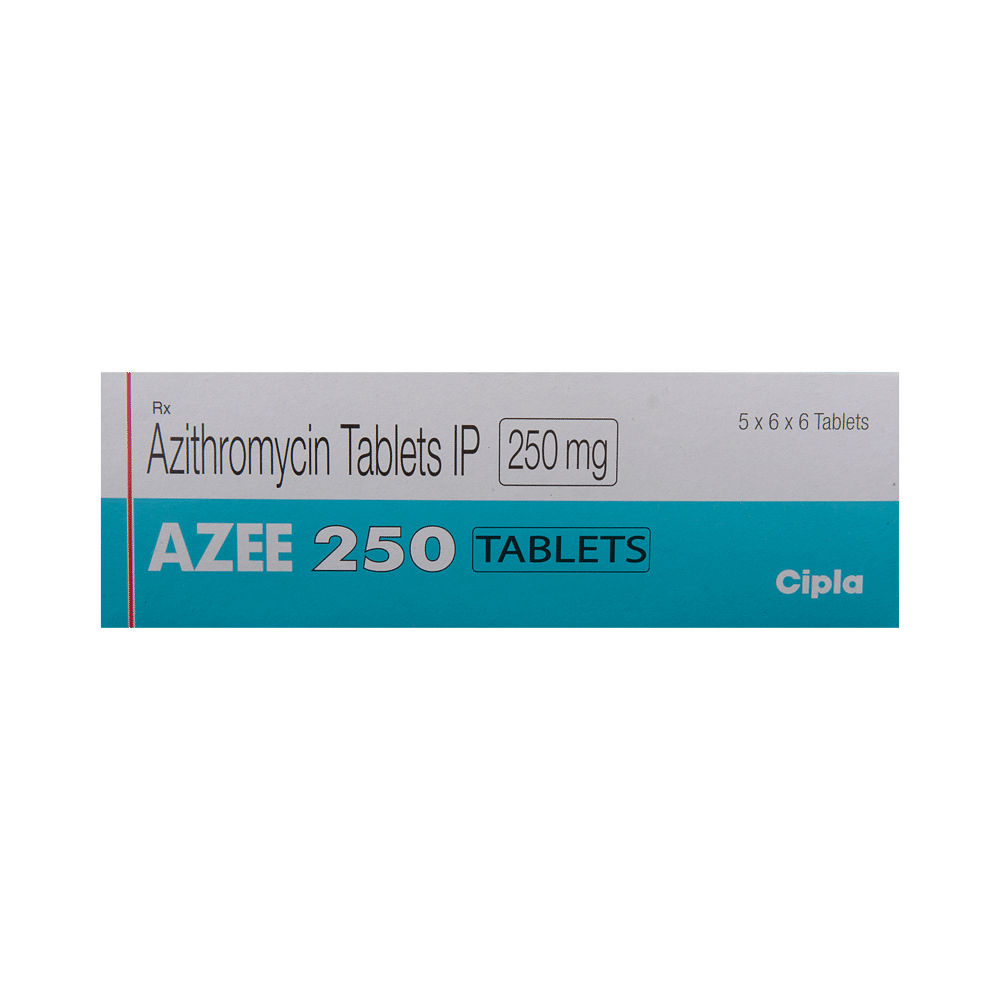
Azee 250 Tablet
Frequently asked questions
Is Zitrac 250 Tablet safe?
Zitrac 250 Tablet is considered safe when used at prescribed doses for the prescribed duration as advised by your healthcare provider.
What should I do if I don't get better after taking Zitrac 250 Tablet?
You should inform your doctor if you do not notice any improvement in your symptoms after three days of taking Zitrac 250 Tablet. If your symptoms worsen, also notify your healthcare provider immediately.
Can the use of Zitrac 250 Tablet cause diarrhea?
Yes, using Zitrac 250 Tablet can sometimes cause diarrhea. This is because it works by killing harmful bacteria in the body, which also affects the beneficial bacteria in your stomach or intestine.
Can I take Zitrac 250 Tablet at night?
Zitrac 250 Tablet is usually taken once daily. You can take it anytime of day, but remember to take it at the same time each day. The medicine should be taken one hour before meals or two hours after eating food. You can take the tablet with or without food, however you must follow your healthcare provider's instructions and ask them if you have any doubts.
How long does Zitrac 250 Tablet take to work?
Zitrac 250 Tablet starts working within a few hours of taking it. You may notice an improvement in your symptoms after a few days. Do not stop taking the medicine without completing the course as advised by your doctor.
Why is Zitrac 250 Tablet given for 3 days?
The duration of treatment depends on the type of infection being treated and the age of the patient. The typical dosage is not necessarily given for 3 days. It may be a single dose of 500mg for 3 days or a combination of doses with varying amounts.
What should I avoid while taking Zitrac 250 Tablet?
It's generally recommended to avoid antacids while using Zitrac 250 Tablet as this can affect the effectiveness of the medication. Also, it is advised to minimize sun exposure or tanning bed use, as Zitrac 250 Tablet increases the risk of sunburn.
Is Zitrac 250 Tablet a strong antibiotic?
Zitrac 250 Tablet is an effective antibiotic that is used for treating many bacterial infections. It has a longer half-life than other antibiotics, which means it stays in the body for a longer time and is taken once per day.
Can you get a yeast infection from taking Zitrac 250 Tablet?
Some people may experience thrush or a fungal infection after taking Zitrac 250 Tablet. Antibiotics like Zitrac 250 tablet can kill the normal, beneficial bacteria in your intestines which help prevent thrush. If you develop symptoms like sores in the vagina, vaginal itching or discharge, it is important to inform your doctor immediately.


